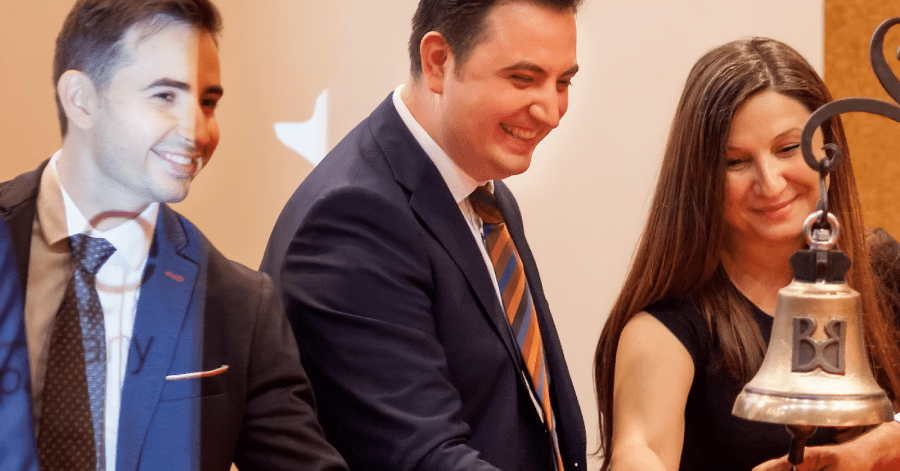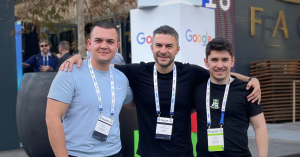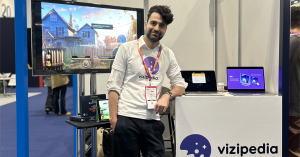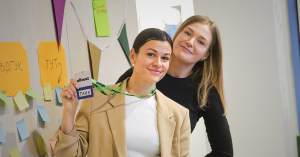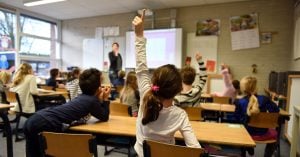Back in September, The Recursive was exploring why the education sector needs new systems and technology in place to handle the new age of transformation and acceleration. Today, e-learning company Ascendia announced winning a tender contract worth more than €3.5M for Edulib, the biggest public sector edtech project in Romania.
Edulib aims to develop and enable the adoption of digital infrastructure and tools in the local education system. Meanwhile, the first e-learning company to trade on the Bucharest Stock Exchange, Ascendia has deep experience in e-learning software development.
“We’ve been preparing for something like this for the last 14 years, since we started the company. We proved our experience developing exactly the future components of Edulib. Over the last 14 years, we’ve been creating commercially e-learning content, learning management systems, and now our own authoring tool LIVRESQ,” Alex Malureanu, co-founder and CMO, tells The Recursive.
The project has an official period of implementation of 18 months. The contracting authority for the project is The Romanian Education Network (AARNIEC).
What will the project mean for digital education in Romania
System-wide change that encourages the digital learning transition in Romania is urgently needed against the lack of necessary infrastructure and skills in the country, especially in rural areas. In a 2020 market research by the European Commission, 60% of respondents from Romania said they had never used online learning tools before the pandemic moved everything online. Confirming this story, Romania ranked 26th out of 28 in the Digital Economy and Society Index 2020.
“Edulib will bring modern online learning tools to children and teachers in Romania. Through this project we will have a real chance to make a system-wide change,” Alex Malureanu explains.
The project aims to equip 5,400 secondary schools with multimedia kits and provide indirect training for 5,400 teachers.
For the software component, the goal is to develop a digital e-learning platform with open education sources for teachers and pupils. According to Ascendia, building educational content in digital format will enable teachers to create adaptive, modern digital educational materials.
This will include elements such as authoring, hosting, analysing, and tracking usage and progress. It will be possible to build interactive lessons for any smart device, and to run them on the most popular browsers and operating systems. In addition, the platform will include an adaptive learning component, using machine learning and AI, to help adapt the content to the specific needs of the learner.
Here is where Ascendia can draw on its expertise with LIVRESQ, which is already used by more than 23,400 teachers in over 6,100 educational institutions in Romania and the Republic of Moldova to develop online interactive lessons, using a variety of templates and content elements.
“Our contribution in Edulib will be both in the area of e-learning lesson development and the software infrastructure of the system. We know what a project like this one needs to succeed and together with the consortium partners we will work hard for its successful implementation,” Alex Malureanu concludes.

